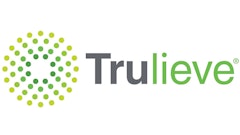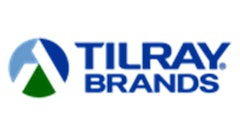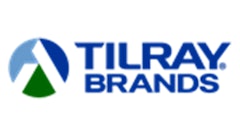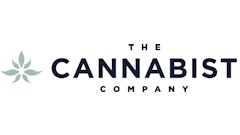
As the Canadian adult-use cannabis market continues to find a sense of balance between supply and demand, Westleaf, a Calgary-based licensed producer, is taking the opportunity to build up a formidable retail portfolio. The goal, according to CEO Scott Hurd, is to develop a meaningful footprint—a foundation to build a brand and tell a story to cannabis consumers.
“Westleaf is one of the very few truly vertically integrated in the Canadian cannabis sector,” Hurd says. We own, control and are developing assets across the entire value chain—from cultivation to large-scale, processing, extraction, product manufacturing. The cornerstone of our vertically integrated strategy is our approach to wholly owning retail distribution.”
In January 2019, Westleaf exercised an option to acquire 100 percent of Canndara, which will give Westleaf ownership control over “approximately 50 cannabis retail stores in Canada through 2020.” Already, Westleaf was operating its chain of Prairie Records locations—a dispensary brand that blends cannabis with a record store atmosphere. Combining the new Canndara assets will give Westleaf the opportunity to move on its broader corporate goas.
“The thesis [is] that in Canada, specifically, retail distribution is one of the most important components of the entire value chain,” Hurd says. “Our thesis is that it’s through wholly owning retail distribution that we get the best opportunity to control the consumer shopping experience and ultimately help shape and influence their purchasing habits to buy our products and create brand equity organically.”
Because federal packaging and advertising rules in Canada are so restrictive, companies like Westleaf need to get creative in order to really develop a brand and connect with consumers. The Prairie Records concept is one way. The Canndara acquisition is another way, giving Westleaf a greater reach in the developing Canadian market.
But scale is vital, Hurd says.
“It feels like licensed producers today are basically selling an undifferentiated product,” he says. “What I mean by that is that 70 percent of the packaging in Canada today is Health Canada warning labels. You get a small allocation for a rather benign brand elements that’s limited in color and size. When you compound that with the fact that you can’t really use traditional advertising mediums to reach consumers, what you have in Canada is a market [in which it’s] really hard to grow a brand.”
Westleaf has been very active on the M&A front, especially on the retail side, specifically to fulfill its thesis in Canada. Now, the company can look toward late 2019 and continue developing its cultivation and processing assets.
“You have a very young, highly fragmented industry in Canada,” Hurd says. “Anytime you see that, I think M&A and consolidation to achieve scale is something that all companies evaluate as part of their corporate strategy.”
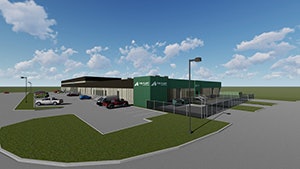
Also in January 2019, to that effect, Westleaf consolidated its ownership stake in a processing and extraction center in Calgary. The company now holds a 100-percent stake in The Plant (formerly known as Delta West). “It is our view that over time, a diversified offering of derivative cannabis products will account for the majority of consumer demand,” Hurd said upon completion of the deal in January. “We are positioning to formulate unique, high quality derivative products and leverage our expertise in building and running these types of facilities.”
Westleaf will work in partnership with Xabis Inc. on product development for the coming market expansion. This development is in tandem with Westleaf’s 80,000-sq.-ft. cultivation facility in Saskatchewan. (A second phase of that facility build-out will add 50,000 square feet on-site.)
“We’ll have all the capacity we could ever need to formulate and produce a full suite of derivative products once legalized later this year in Canada,” he says.
On a federal level, the plan is to legalize cannabis edibles, concentrates, beverages, topicals and more product categories in October 2019. Hurd says he expects to see a surge in new consumer demand across the cannabis industry.
Of course, the supply side of the market is still settling into place.
Product shortages have been a routine feature of the first seven months of legal adult-use sales in Canada, and some provinces, like Ontario, have been slow to roll out retail licenses.
Hurd says that the long-term impact of his company’s thesis is to meet the market where it’s headed—to meet future demand with the supply that his company can provide.
“What we’re really watching for is the supply-demand picture to start improving here over the balance of the year and into 2020,” he says.














